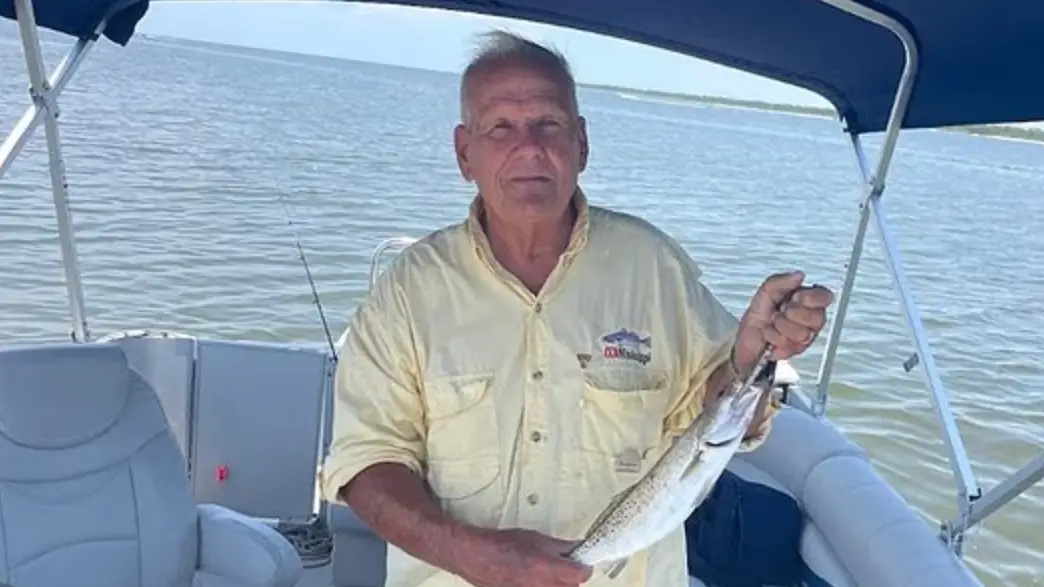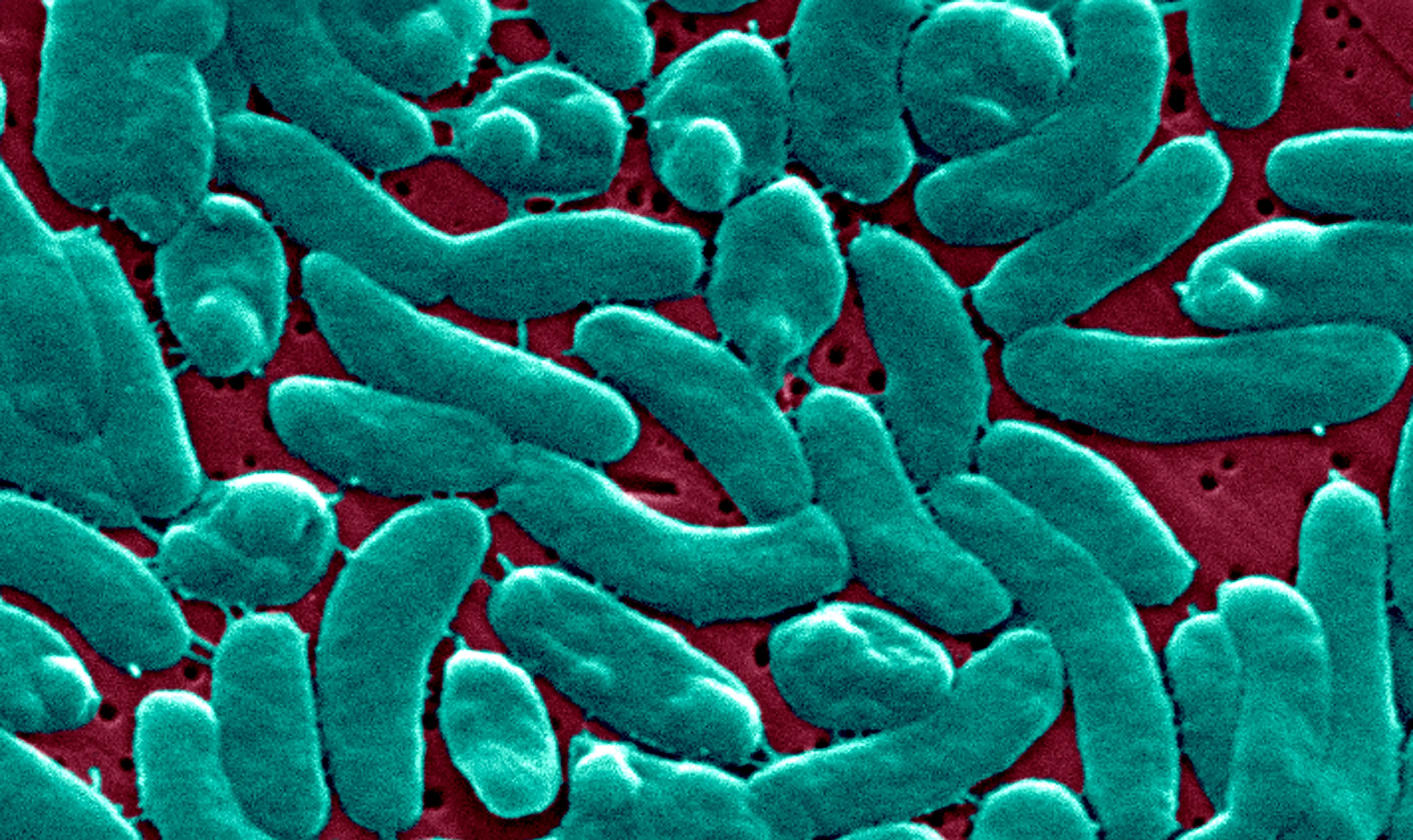
A warning has been issued as a grandad died from a ‘flesh-eating bacterium’.
Cases are continuing to rise across the Gulf Coast of the US, with Louisiana health officials confirming 17 this year so far, with four deaths, compared to the usual annual average of seven cases. The nasty infection behind this is Vibrio vulnificus, which can cause blood poisoning.
Basil Kennedy of Bay St Louis, near New Orleans, died on 21 July after contracting the rare but potentially fatal bacterium.
The bacteria are usually found in certain coastal waters, more commonly between May and October, when the temperatures are warmer.
Advert
Some people contract it after coming into contact with the warm coastal waters. And the Gulf Coast is described as the perfect breeding ground for Vibrio, with a warning against it.

About one in five people with Vibrio vulnificus infection die, sometimes within a day or two of becoming ill, according to the Centres for Disease Control and Prevention (CDC).
When it enters an open wound, the bacteria can infect the blood and cause blistering skin lesions, leading to the appearance of ‘eating the flesh’.
Other signs and symptoms include a fever, chills, low blood pressure, redness, pain and swelling.
Long-time sailor Kennedy became infected with Vibrio after cutting his leg on the trailer he’d used to launch a boat into the water in Mississippi.
Trying to prevent infection, the 77-year-old cleaned the open wound with hydrogen peroxide before covering it with a plaster.
However, the infection took over within three days and the grandad was taken to hospital with vomiting, a fever and raised levels of lactic acid (which is a warning sign of sepsis).
Kennedy underwent two surgeries to remove the infected skin tissue around the wound, as it was determined Vibrio was the cause. He sadly died of organ failure two days later.

His daughters are raising awareness of the infection as they say he would be ‘devastated’ if his case made people scared of the water.
Kay Kennedy Regimbal told The Advocate: “There doesn't need to be a fear of the water. There needs to be an education and a knowledge of if you have a cut, if you potentially could have been exposed, if there is a risk, how to handle it and what to do."
The CDC recommends that if you have an open wound, you should stay out of saltwater or brackish water and cover it with a waterproof bandage.
You should immediately clean wounds and cuts thoroughly with soap and clean running water. And as the cases rise along the Gulf Coast, officials are warning people to take caution when swimming.